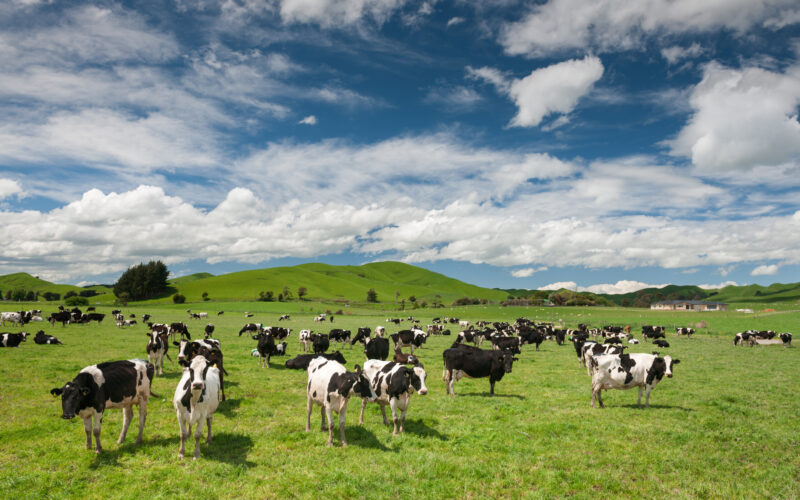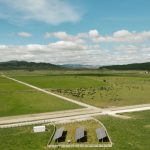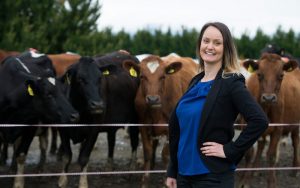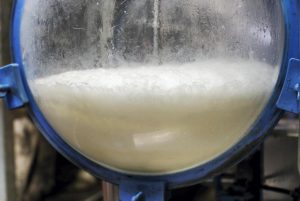
Reprieve from government’s lighter touch on emissions is no reason to stop mitigation efforts, bank says.
The agricultural sector cannot be complacent about reducing its greenhouse gas footprint in the face of a reprieve from government regulation, new research from Rabobank advises.
The advice comes from Rabobank chief executive Todd Charteris, who launched the paper, Maintaining our Emissions Edge, at the Primary Industries Summit in Wellington on Tuesday, saying the regulatory breather provided by the coalition government gives Kiwi food producers an opportunity to transition their businesses.
He said it would be unwise for farmers and the government to “coast” during this respite.
“Other voices at the policy table are getting louder. These include those of the world’s most powerful food processing and marketing companies and the wider supply chain, who face significant regulatory pressure to minimise emissions,” he said.
“One recent review found that over 80% of NZ’s exports are destined for countries with mandatory climate-related disclosures either in force or on the way.”
In addition, free trade agreements increasingly include enforceable obligations on emissions and environmental targets.
Charteris said many in the rural sector say that transitions were being rushed and, in some instances, forced on farmers through unsympathetic government policies and stifling regulations.
“The paper notes the new coalition government has taken steps to provide a regulatory breather for under pressure farmers,” said Charteris.
“This includes removing agriculture from the Emissions Trading Scheme within an overall lighter touch regulatory regime.”
The Rabobank paper encourages farmers and the government to use the reset to read economic and market signals and continue to improve the sector’s emissions efficiency.
The paper is the third in a series developed by Rabobank aimed at helping NZ’s 50,000 farmers and the wider agri sector transition to producing more food with a smaller emissions footprint.
It offers solutions, starting with growers knowing their numbers, or benchmarking production systems to identify efficient farming systems.
“NZ agriculture currently lacks a robust framework of standards, guidance or benchmarks to enable proper and consistent measurement of the impact their farming practices have on land, water, and emissions.”
Establishing a consistent and trusted approach to obtain farm-level data on greenhouse gas emissions is needed to reduce emissions, he said.
The next solution is having clear incentives to support efficient farmers and for average performers to improve.
“To simply enforce change through the cascade of sometimes confusing rules and regulations adds compliance complexity and financial and legal risks that only serves as a ‘stick’ to farmers,” he said.
“Paired with ‘carrots’, or clear strong incentives to farmers, more meaningful change is likely to happen.”
Finally, NZ needs to build an environment to drive innovation through research and development.
“Technology and innovation will play a key role in the challenge of meeting the growing demand for food while mitigating environmental impacts such as greenhouse gas emissions and biodiversity loss,” he said.
“Building the right environment for innovation is essential and some of the key drivers for this include technology investment and a regulatory framework that facilitates the approval and implementation of innovative solutions.”
You can now read the most important #news on #eDairyNews #Whatsapp channels!!!
🇺🇸 eDairy News INGLÊS: https://whatsapp.com/channel/0029VaKsjzGDTkJyIN6hcP1K
























